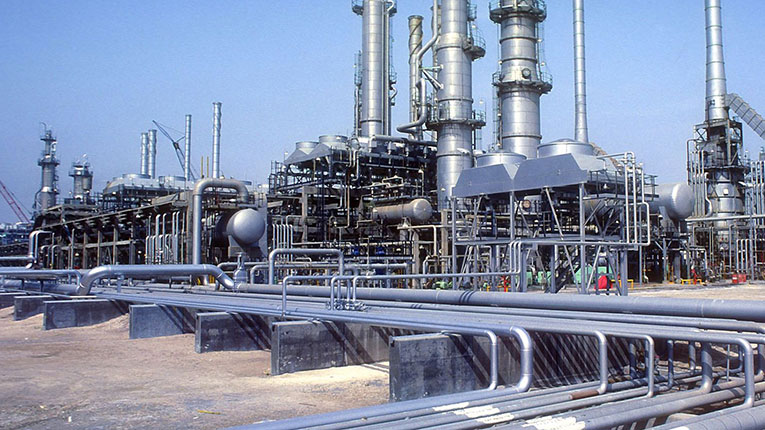The European Union’s demands on Russia to reduce the number of long-term gas contracts concluded and to sell on the spot market have affected Russia’s interest in high prices in this market and turned the country into a winner due to high prices on the spot market, energy analyst Andrei Ilas said during a debate on the energy crisis.
“In 2021, the Russian Federation suddenly became interested and won the high stock market prices. In general, historically, the Russian Federation supplied gas to the European Union through long-term contracts with pre-established prices and there were different prices from country by country, depending on political concessions, talks, etc. And the European Commission practically wanted to reduce long-term contracts and said that the best way to avoid political discussions is to sell most of the indexed gas from the spot markets, which actually happened, and practically the Russian Federation, given that it no longer sells so much through long-term contracts, has become interested in commercial optimization of gas supplies.
”Basically, high prices benefit them, they greatly increase their income from gas supplies, and for them the calculation has become almost purely economical most of the time, in which gas deliveries are calculated very strictly, related to the contractual conditions and prices which they can collect from the spot markets. In general, their interest is that the prices on the spot markets are very high, because this is how they increase their income. (…) The main idea is that the way the new contracts were structured and the new requirement of the European Union to sell the vast majority of gas through spot indexed contracts made them interested in high prices and practically winners from high spot prices,” said Andrei Ilaş, according to Agerpres.
The energy analyst said that Russia’s interest in high spot prices could prolong the situation of high energy prices.
“The situation, from their point of view, is more difficult in the long run, because we are very clear about the gas consumption of the European Union for the next 10-15 years, and this has an effect on the way they manage and they invest in local gas fields, practically in maintenance, in technology and so on. It is very likely that if they are very interested in very high spot prices, they will not invest much in additional production and we will live in a period with very high gas prices because of this. What saves the situation is liquefied gas, which, at a time when demand is lower globally, reaches Europe a lot and puts pressure on gas prices, as is currently the case,” said Andrei Ilaș.
